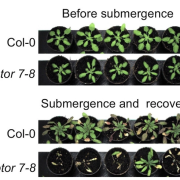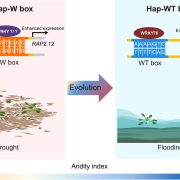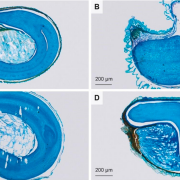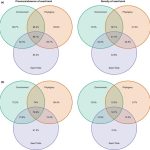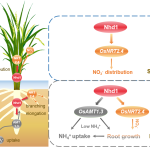Anaerobiosis modulation of two phytoglobins in barley (Hordeum vulgare L.), and their regulation by gibberellin and abscisic acid in aleurone cells (Plant Physiol. Biochem)
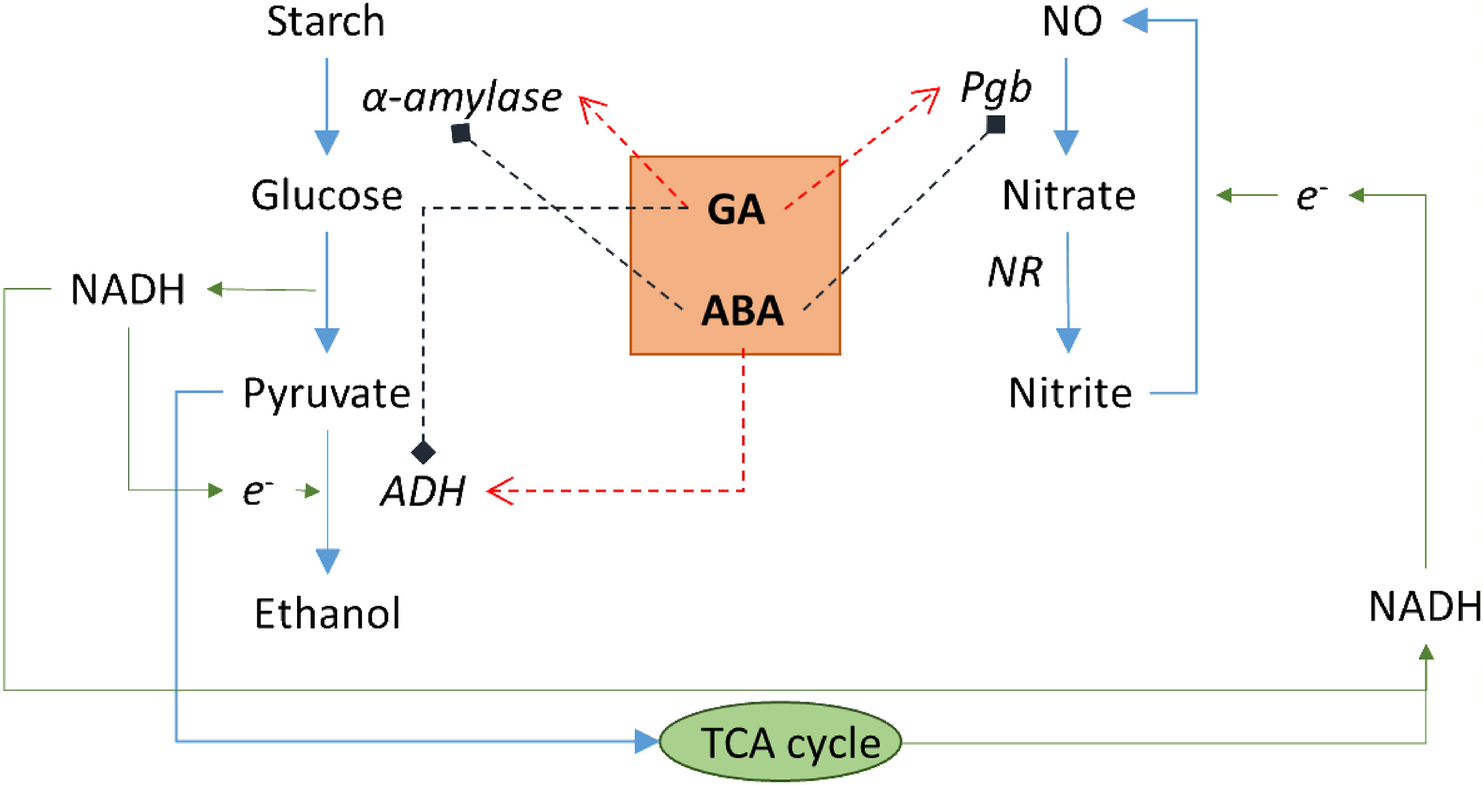 Barley seeds are anoxic, and during germination pathways are induced to allow energy to be obtained without oxygen. Phytoglobins (Pgb) are hypoxia-induced proteins that are involved in energy metabolism during germination through the Pgb-NO cycle, an alternative pathway to fermentation. In the Pgb-NO cycle, Pgb1 scavenge NO to produce nitrate, which is converted to nitrite by nitrate reductase, and again to NO by nitrate-NO reductase, producing ATP. As in many other cereals, the germination process is tightly controlled by abscisic acid (ABA) and gibberellic acid (GA) hormones. In this work, Nie et al. studied the effect of oxygen deficiency on the amount of Pgb transcripts and proteins, the expression of fermentation-related genes such as alcohol dehydrogenase (ADH) and the activity of α-amylase. The authors conclude that Pgb induction in aleurone cells is related to anaerobiosis and that GA upregulates not only α-amylase but also Pgb transcripts. Thus, the energy demands during the first hours on the germinating seed may be satisfied by the Pgb-NO cycle. (Summary by Eva Maria Gomez Alvarez, @eva_ga96). Plant Physiol. Biochem. 10.1016/j.plaphy.2022.04.014
Barley seeds are anoxic, and during germination pathways are induced to allow energy to be obtained without oxygen. Phytoglobins (Pgb) are hypoxia-induced proteins that are involved in energy metabolism during germination through the Pgb-NO cycle, an alternative pathway to fermentation. In the Pgb-NO cycle, Pgb1 scavenge NO to produce nitrate, which is converted to nitrite by nitrate reductase, and again to NO by nitrate-NO reductase, producing ATP. As in many other cereals, the germination process is tightly controlled by abscisic acid (ABA) and gibberellic acid (GA) hormones. In this work, Nie et al. studied the effect of oxygen deficiency on the amount of Pgb transcripts and proteins, the expression of fermentation-related genes such as alcohol dehydrogenase (ADH) and the activity of α-amylase. The authors conclude that Pgb induction in aleurone cells is related to anaerobiosis and that GA upregulates not only α-amylase but also Pgb transcripts. Thus, the energy demands during the first hours on the germinating seed may be satisfied by the Pgb-NO cycle. (Summary by Eva Maria Gomez Alvarez, @eva_ga96). Plant Physiol. Biochem. 10.1016/j.plaphy.2022.04.014




